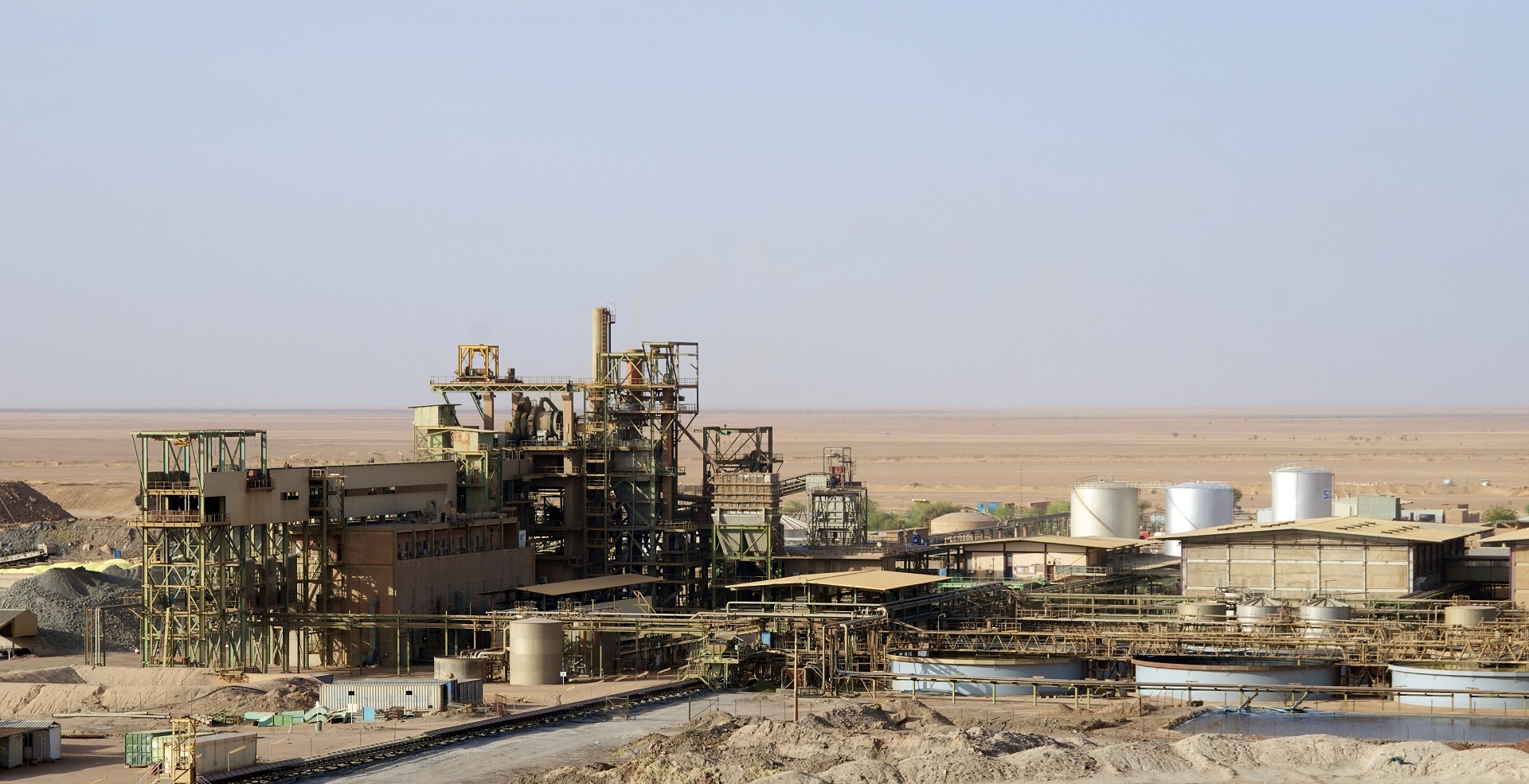Uranium, what will change for French nuclear power after the coup in Niger

France sources uranium for its nuclear power plants from Niger, which it uses to generate electricity to export to Italy. Here are all the short and long term consequences of the coup
What consequences will the coup in Niger have, in the short and long term, on the energy security of a France that imports massive quantities of uranium from that country necessary to fuel its 56 nuclear power plants? The answer comes from a recent focus published by Deutsche Welle , which highlights the role of the French company Orano, holder of the extraction rights of the largest uranium mine in the region.
Niger uranium
Niger's greatest treasure lies underground: it is uranium, the most important commodity in the Sahel country.
Since the days of the coup that ousted the democratically elected president Bazoum from power, France has been in fibrillation. Two thirds of its electricity is produced by nuclear power plants also fueled by uranium from Niger.
But it is not just internal consumption that is at stake: Paris exports electricity to other countries, such as Italy, without nuclear power plants.
The orientations of the new Nigerian junta are not favorable to the French. On the contrary, as soon as it came to power, it ordered a stop to uranium exports.
The reason emerges from the statements made to Deutsche Welle by Mahaman Laouan Gaya, former Minister of Energy of Niger and Secretary General of the Organization of Petroleum Producers until 2020: "everyone in Niger thinks that this partnership is very unequal".
Gaya points to the large gap between the value of uranium exports to France, equal to 3.8 billion dollars, and the revenues of the Nigerian state, which do not even reach 500 million.
“If Niger decided not to export any more uranium to France there would be dramatic consequences for France, but not for the Nigerian economy,” underlines the former minister.
The role of Oran
For decades the French group Orano (formerly Areva) has extracted uranium from Nigerian mines. The material is mainly used to produce fuel for France's 56 nuclear power plants.
It is not clear at the moment whether the moratorium on uranium exports declared by the junta is actually respected. A spokesperson for Oran recently told the AFP news agency that "the current crisis has no short-term impacts on the production capabilities" of the company.
Meanwhile, former prime minister and now opposition leader Hama Amadou told AFP that Oran is continuing to produce uranium. “I don't think the new authorities have canceled uranium mining contracts between France and Niger,” Amadou said. “So – he added – what exactly is France afraid of when it comes to its interests in Niger?”.
The mines in the hands of the French
63% controlled by Oran and the remaining 37% by the Nigerian state company Sopamin, Somair is the company that exploits what is the largest uranium mine in the region, located near the Arlit region.
In 2021, Somair exported more than 90% of Niger's uranium. It is the same year in which France and the Bazoum government agreed to open a new mine and in which Oran also signed new agreements with the Bazoum executive to extend its mining activities until 2040.
According to Nigerian journalist Seidick Abba, the coup did not interfere with these trade agreements. "The contract does not give Niger the right to stop deliveries," Abba told DW. “The junta has no way to block them.”
Who supplies uranium to Europe?
As Euratom data shows, a fifth of the uranium that France imported last year came from Niger; other significant quantities arrived from Kazakhstan and Uzbekistan.
Although Niger was France's third largest supplier of uranium, there are those who urge us not to dramatize this dependence. “France does business with countries like Kazakhstan, Australia and Namibia. And it can easily diversify its uranium supplies,” remarks Alex Vines, a researcher at Chatham House.
Even on a global level, the impact of the coup cannot be overstated given that only 5% of the uranium sold in the global market came from Niger.
Kazakhstan has already stepped forward by making itself available to compensate for any bottlenecks in supply. The European Commission is also confident that there will be no drastic consequences, given that Europe has sufficient stocks of uranium to face any contingency and that – in the words of Commission spokesperson Adalbert Jahnz – "on the world market there are sufficient deposits in the medium and long term to meet the needs of the EU".
This is a machine translation from Italian language of a post published on Start Magazine at the URL https://www.startmag.it/energia/conseguenze-uranio-golpe-niger/ on Sat, 09 Sep 2023 05:41:53 +0000.
